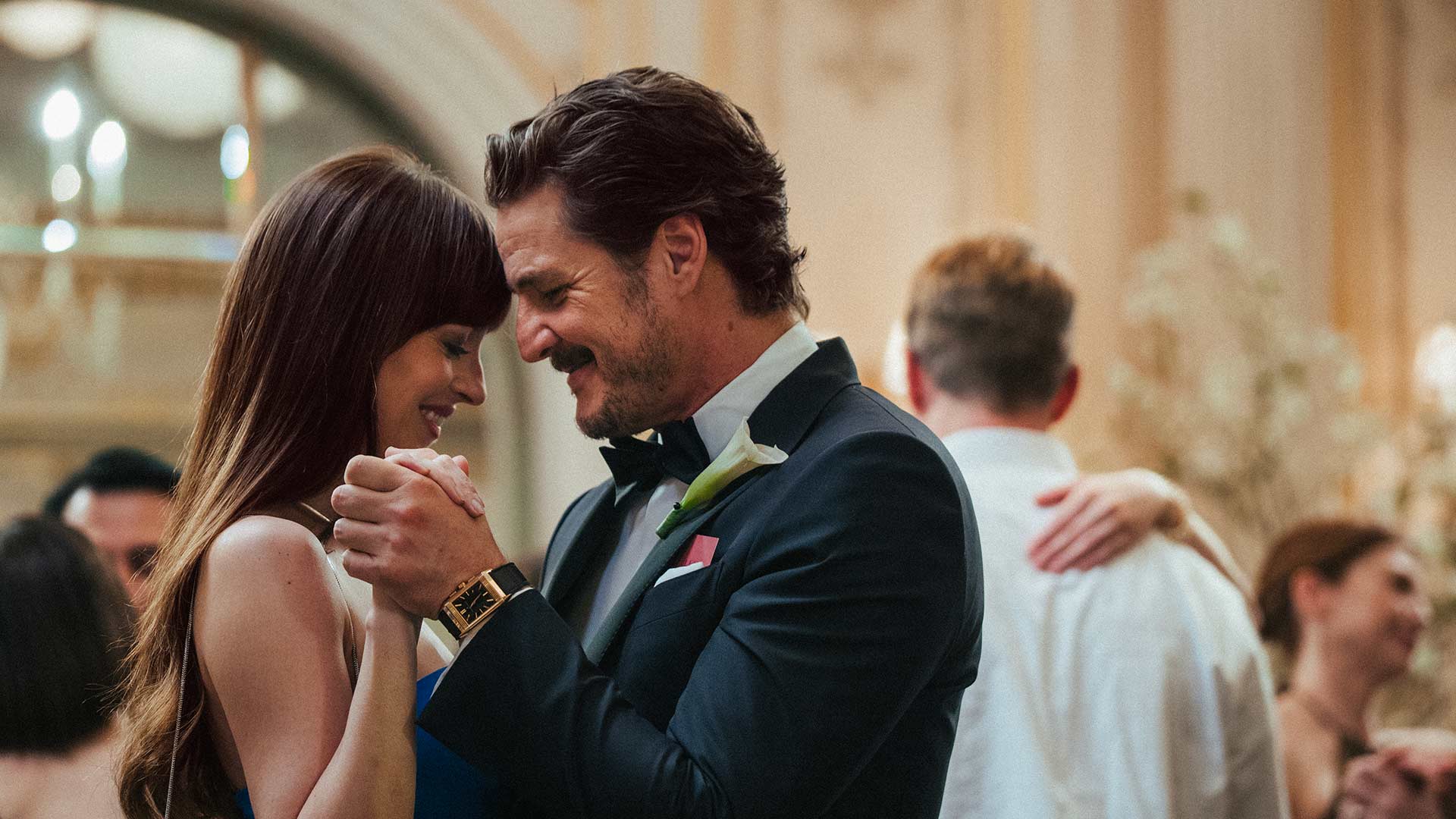
Film Review: Materialists by Celine Song
I imagine that Materialists by Celine Song will be a classic romcom because it clearly illustrates its central idea that love is not something we can control. In this sense, it is more an illustration than art; once you get the idea, there isn’t much else left to glean from it. Still, lucid illustrations are useful for our conversations. Thanks to Song, the word “Materialists” is now infused with a new meaning, and just by pronouncing it, we can communicate a complex idea about love.
It is interesting to note that Song chose an old-school method of matchmaking to address the problems dating apps have introduced into modern relationships. There were hardly any mentions of dating apps. The characters spoke as though matchmakers were still the predominant method of finding partners.
What becomes abundantly clear by the end of the film is that the checkbox thinking for finding love is fundamentally misguided. By filtering candidates based on criteria and swiping left and right, dating apps give you an illusory sense of control. Even if you aren’t materialistic and are looking for someone like a broke artist, the very idea of specifying what you want and expecting to get it in return for what you offer is, at its core, materialistic.
The film demonstrates how this checkbox thinking blinds you to what love is. Lucy, played by Dakota Johnson, is insightful enough to realize how her own materialist (or, more precisely, capitalist) thinking interferes with love. Her ego wants the super-rich “unicorn” Harry, played by Pedro Pascal, but her heart wants the struggling actor John, played by Chris Evans.
The fantasy of marrying a rich man is common in Hollywood, but Japanese films about love rarely feature wealthy individuals, and when they do, rich men are typically portrayed and perceived as unromantic. Perhaps Celine Song, being Asian American, is aware of how Eastern and Western portrayals of romance diverge, and it may have motivated her to write this story.
The film is also an apt illustration of Jacques Lacan’s counterintuitive definition of love: Love is giving something you don’t have to someone who doesn’t want it. In one of the final scenes, John tries to give Lucy what her ego wants (money he does not have) by offering to do more catering jobs instead of acting, but, at this point, she realizes that her heart does not want it, so she kisses him to stop him from listing what he would do for her ego. It is a perfect illustration of two people who cannot help but love each other despite their egos’ objections.
In short, dating is a performance, whereas love is an experience, neither passive nor deliberate. If you continue to perform your script, you will miss the experience. The moral of the story: Listen to your heart, not your head. You will then stumble upon love, whether you want it or not.
Subscribe
I will email you when I post a new article.


